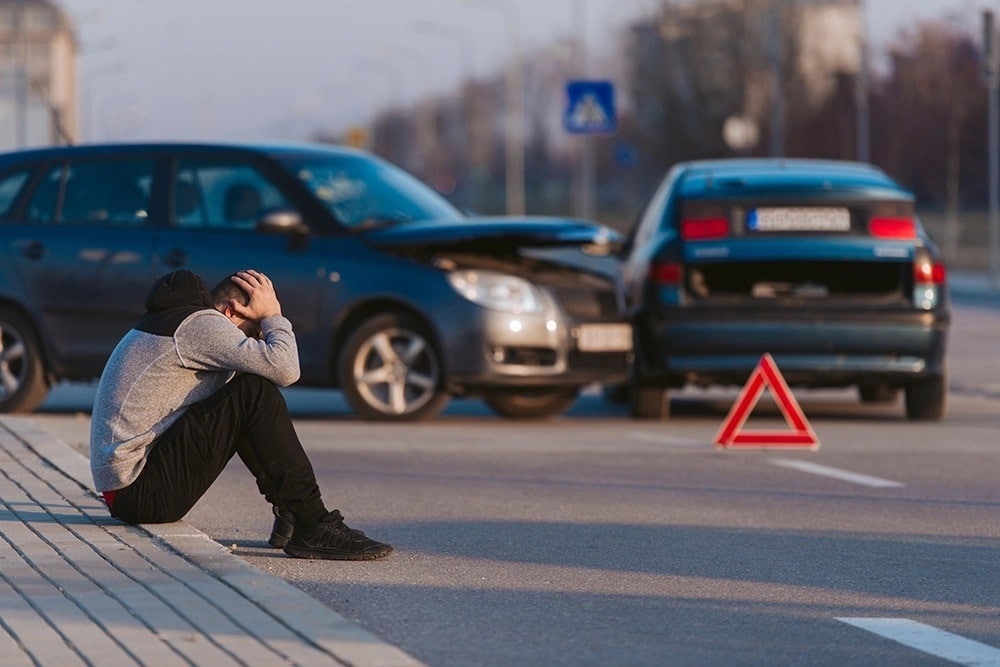What Is The Difference Between An Accident, a Mistake And An Act Of Negligence in Maryland?

Perhaps the essential difference- from a legal perspective- is that an accident is an event, regardless of cause or effect, albeit an unexpected one, whereas an act of negligence necessarily involves the conduct of some human actor, or the result of some human endeavor or mechanism. The practical consequence of this difference is that our system of civil justice does not, and is not designed necessarily to, provide redress for the happening of an event -even if that event is unfortunate or even tragic. Our system of civil justice is, on the other hand, designed to provide redress, compensation, and in some sense justice, to remedy human misconduct, which in this discussion is act of negligence.
accident
ac·ci·dent | \ ˈak-sə-dənt , -ˌdent , ˈaks-dənt \
Definition of accident
1a: an unforeseen and unplanned event or circumstance.

None of this is to say that there is not an interplay- or some degree of interrelation between accidents and negligence. For example, under the common definition seen above, negligence may cause an accident. As noted, an accident is an event an occurrence or happening. In some, perhaps most, scenarios that event will have a cause. In other words, there was some series or chain of events set in motion by some particular force that culminated in the happening of the event. Where no human cause is identified, one sometimes sees such events referred to as an “Act of God”. In some sense a true, pure accident, has no identifiable cause, other than the application of the course of nature or the laws of physics. In other words, just because there was an accident, and another human being was present, or involved, does not necessarily mean there will be an valid legal claim against the person.
The Insurance Company Denied My Claim Saying it was an Emergency
Where, however the “accident” is caused by an act of negligence committed by an identifiable person or agency, the law may provide redress in the form of a personal injury claim. Here, an individual injured in the accident may recover economic damages, like lost wages and the payment of medical expenses, and non-economic damages for physical and emotional distress, agony and suffering.
mistake
mis·take | \ mə-ˈstāk \
Definition of mistake:
1: a wrong judgment
A mistake might be thought of in the same way as an act of negligence -although perhaps without the same consequences. I Attorney Eric T. Kirk would suggest that most mistakes are innocent. In some sense, the difference between a mistake and an act of negligence might be defined as to whether or not there are consequences, i.e. damage, injury or loss to another person. Examples of mistakes without consequences might be a typographical error or forgetting an item at the grocery store.
Some mistakes have consequences. In many respects, it’s the existence of those consequences that perhaps differentiates a routine mistake from an act of negligence. If the error is judgment leads to injury or damage to the personal property of another, there may be legal consequences. If there are damages that result from the error in judgment, the line between a harmless mistake, and negligence, has been crossed.
This difference between mistake and negligence can sometimes be a blurry one. For example: “I made a mistake. I did not know I had to stop at that intersection.” If that error in judgment didn’t cause an accident- it was just a mistake. If however an accident is caused by that mistake and a reasonable driver in the same situation would have been aware of the rules of the road that required a stop at that intersection and the driver was unaware of their requirements under the law but should have been- that mistake will likely have legal consequences in the form of a claim for damages in a negligence based legal action.
There are certainly tragic happenings that are not the result of any human carelessness or oversight. Where, however, an act of negligence directly or indirectly leads to physical injury or property damage, a legal claim for compensation should be considered.



